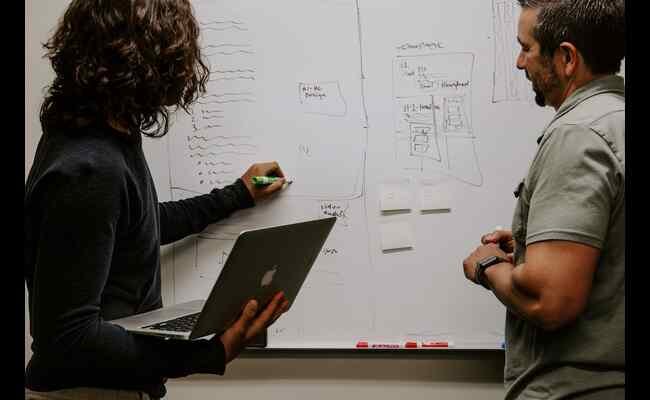
A Guide to Five of Florida’s Scenic Highways 2024 Best Info
December 8, 2023
Emma Argues With Principal Figgins: A Deep Dive Into The Conflict
December 16, 2023Educational Science Games Your Kids Will Love 2024 Best Info is our today’s topic. The Magic of Science Through Playful Learning In an era where digital literacy is just as crucial as reading and writing, introducing children to the world of science can be a magical journey. Imagine a realm where a child considers the opportunity to learn coding as enchanting as discovering a secret language. This journey doesn’t require expensive resources or a high-level expertise; in fact, the path to understanding the fundamentals of coding and scientific concepts can start right at home, for free, through online platforms and interactive games.
Educational Science Games Your Kids Will Love 2024 Best Info
Unveiling Science:
A New Lens on Reality When we peel back the layers of our everyday experiences, we unveil a world brimming with scientific wonders. This is the core of science education for children – turning the mundane into the extraordinary. By integrating science games into your child’s routine, you’re not only teaching them about static electricity or aerodynamics; you’re also opening a portal to a universe where the ordinary becomes a playground of knowledge.
Sublime Journeys in Coding:
The Coding Odyssey Embarking on the coding odyssey, children can learn programming languages through free online resources and games. This isn’t just about writing lines of code; it’s about nurturing problem-solving skills, logical thinking, and creativity. Picture your child constructing their own digital worlds, mastering the language that powers robots, apps, and even the internet itself – all through playful engagement.
Science Games:
The Unconventional Twist Beyond the Textbook: Unusual Analogies in Learning Science education can transcend traditional methods by employing less conventional analogies. For instance, envision explaining gravity using the concept of a dance between celestial bodies, or illustrating chemical reactions as a cooking recipe for atoms and molecules. These imaginative analogies make complex concepts more relatable and memorable for children.
Case Study:
The Balloon-Powered Car Experiment Consider a case study where kids create balloon-powered cars. This isn’t just a fun activity; it’s a practical exploration of Newton’s Third Law of Motion. As they watch their balloon cars zoom across the floor, children experience firsthand the thrill of applying scientific principles in real-world scenarios.
Interactive Science Games:
The Virtual Laboratory The Digital Greenhouse: Growing Plants Virtually Dive into the digital world with games that simulate plant growth under various environmental conditions. Here, children play the role of a botanist, making decisions that affect the life cycle of virtual plants. It’s a safe and engaging way to learn about photosynthesis, plant biology, and the impact of ecological factors on living organisms.
The Virtual Chemist:
Safe Chemical Experiments Another remarkable aspect of science games is the ability to conduct chemical experiments in a virtual laboratory. Kids can mix different elements to see reactions, all within the safe confines of a computer screen. This method of learning demystifies chemistry, making it accessible and enjoyable.
Crafting a New World:
DIY Science Games at Home Creating a Home Laboratory You don’t need a lab coat or a fancy lab to explore scientific concepts at home. Simple DIY science games can turn your kitchen or living room into a laboratory. Activities like homemade volcanoes, crystal growing experiments, or constructing simple circuits from household items, provide hands-on learning experiences.
Leveraging Everyday Phenomena Everyday phenomena can also become science lessons. For example, turning kitchen ingredients into slime can teach children about non-Newtonian fluids. Watching the stars and constellations from your backyard can spark conversations about astronomy and space exploration.
In Conclusion:
A World of Endless Possibilities Incorporating science games into your child’s education is more than just a way to learn about scientific principles. It’s a pathway to nurturing curious minds, fostering creativity, and developing critical thinking skills. As children embark on these adventures, they’re not just playing games; they’re becoming young scientists, explorers, and innovators. The world of science is vast and endlessly fascinating, and these games are the perfect vessel for that journey of discovery.



